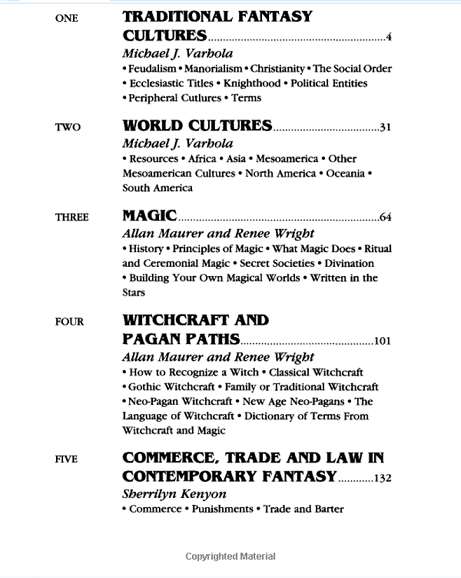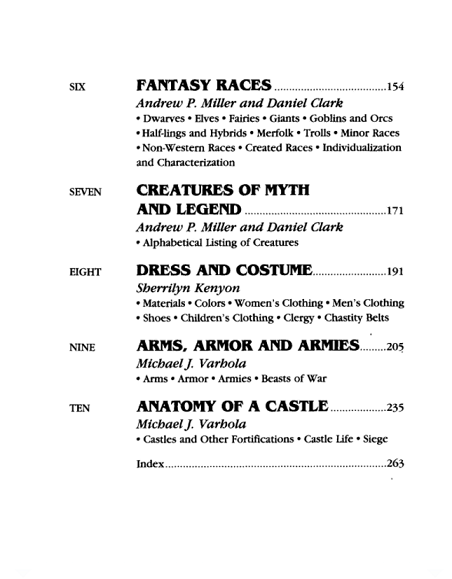I need to generate some characters for my world, and at the moment, inspiration fails me.
Now, before you reach for the 'Close' link, I'm not asking for the WB community to help me with character design - that's my job. I'm looking for character design resources.
What resources - preferably online - exist that provide lists of occupations for various time periods throughout history? Preferably with the percentage of the population that engaged in that occupation at that time, but a simple list will do.
Additionally, are there any resources that provide similar occupation data for a fantasy/magic - based world?
I am looking only for a list of occupations for any given place and time. Nothing else. While my setting is similar to renaissance Europe, and includes magic, I can extrapolate from a non-magical setting.


